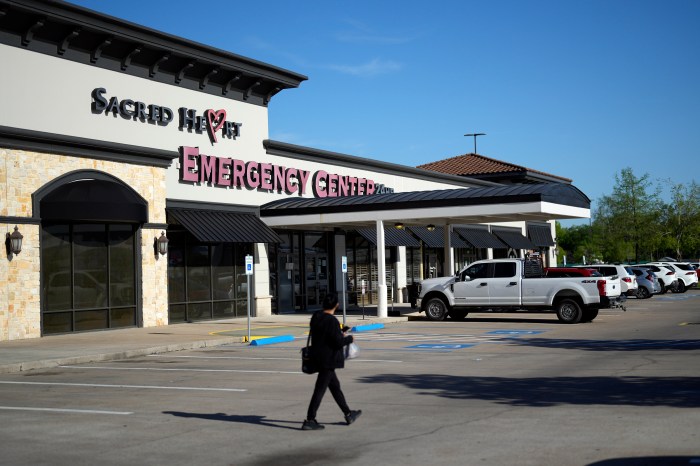MILAN (Reuters) – Italy’s Lombardy region and the central government exchanged blame on Saturday over the release of COVID-19 data that wrongly condemned the region to stricter restrictions.
Lombardy, the country’s wealthiest and most productive area which includes the fashion capital Milan, was forced to close most shops a week ago after being classed “red” under Italy’s system of tiered restrictions.
Health Minister Roberto Speranza said on Saturday Lombardy had initially submitted wrong data, messing up calculations by Italy’s higher health council.
He then designated Lombardy as “orange”, allowing shops to reopen and older students to attend classes after they were forced to switch to distance learning.
Lombardy’s administration, led by the right-wing League party which has come under fire for its handling of the pandemic, hit back at Rome.
“They wanted us to say it was our mistake, but it wasn’t. I’ll never agree to saying there has been a mistake in the data we sent,” Governor Attilio Fontana told a press conference.
He said the region would press ahead with a lawsuit filed with an administrative court and seek money from the government to compensate shopkeepers who have been forced to close down just as the sales season was starting.
Retail association Confcommercio Milano estimated shops in Milan had lost around 100 million euros in revenue.
Lombardy, the country’s industrial heartland, accounts for more than a fifth of Italy’s 2.46 million COVID-19 cases to date.
With 26,622 deaths out of the national total of 85,162, it is by far the worst-hit region and was the epicentre of the pandemic during the first wave in the Spring.
Italy calculates its tiers using a rage of data including the number of cases and intensive care occupancy rates.
(Reporting by Valentina Za’ Editing by Andrew Heavens)



















